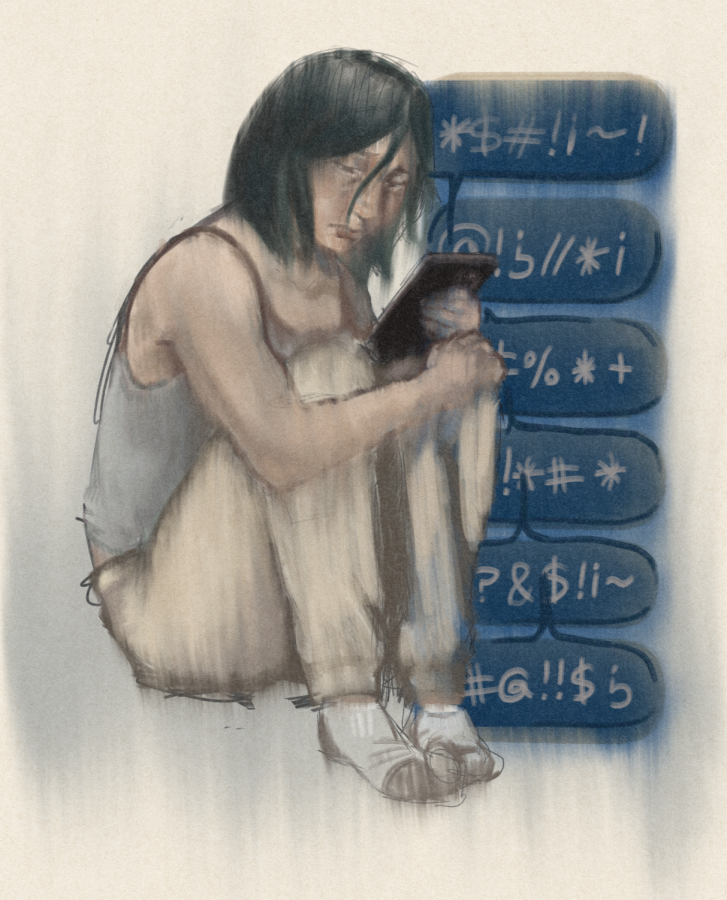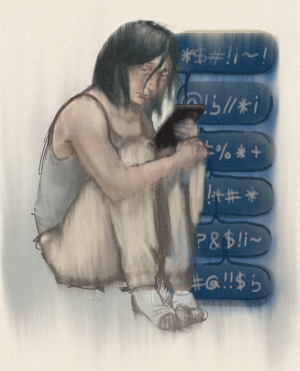Doctoral student presents research on online gender-based violence increase during COVID-19
June 15, 2023
Soon after COVID-19 hit North America, sociology professor Gloria González-López joined a Zoom meeting about sexual violence against women in Mexico. A couple of men joined the meeting without permission and began cursing and using negative language against the women.
González-López’s experience mirrors that of many other women. In the United States, one in three women are victims of sexual harassment and online stalking before age 35. According to UN Women, 38% of women reported increased online violence during COVID-19. At the 2023 International Communications Association, Sheila B. Lalwani, a journalism and media doctoral student, presented two papers on online gender violence.
“During COVID-19, we were all online. This was especially true for women, whose economic, political and social lives were all organized through the Internet,” Lalwani said. “We were able to see that there was a huge surge of violence against women. And that’s really where the European Union started to care a lot more about online gender-based violence.”
In the presentation, Lalwani highlighted how online gender-based violence existed for years, but lawmakers only recently started to treat the issue with the seriousness it deserves. She said harassment includes image abuse, cyberstalking, hate speech and manipulated videos or images. Lalwani said such behaviors affect women’s sense of security, self-esteem and future career outlook.
“What is even more challenging is that very few of these instances of abuse are reported, and very little legal action is taken,” Lalwani said.
Lalwani said the European Union was a normative power in addressing online gender-based violence and highlighting the legal action gap. Increased legislation, practical measures and more dialogue about the topic helped raise awareness in countries like the U.S. For example, the EU established laws requiring state parties to prohibit psychological violence and stalking.
“Nobody should shy away from going on the internet because they are scared,” Lalwani said. “This topic is finally getting the attention it deserves, and what we need to do now is think about this in terms of policy and law and how we can do better by women in our society.”
González-López said humans develop new, more nuanced connections with technology over time. With these continuous changes, González-López suggests joining an online community of local women. For example, she said a Mexican community has a WhatsApp group chat where women riding the bus can text if they feel unsafe and ask a group of local women to wait for them at the next stop.
“We need to go beyond self-care,” González-López said. “We need to engage in collective care and radical care.”
Although COVID-19 pushed Lalwani and lawmakers to advocate for safer online mediums, Lalwani says that change will come from increased awareness. To start the conversation, Lalwani plans to present her research at the upcoming Association of Internet Researchers conference.
“The internet is supposed to be a place where everyone feels safe,” Lalwani said. “Many women aren’t comfortable posting or have had to take security because of the threats that they received. That is unacceptable. We can do better.”













